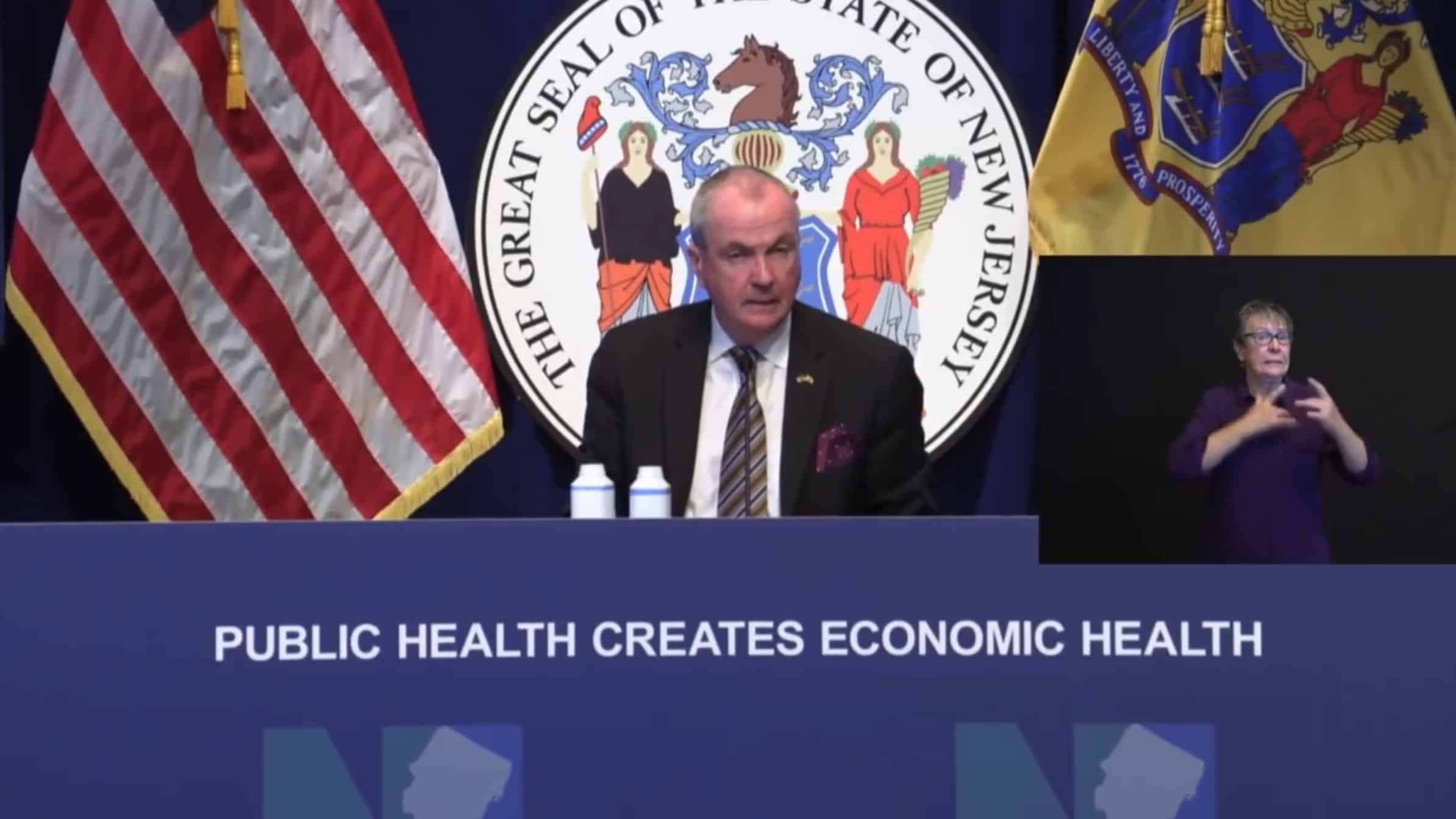Category: Hockey Business
-
Eagles Arena Proposed in Greeley Colorado
The Colorado Eagles of the American Hockey League proposed development of an 8,600 seat arena with three community ice sheets in Greeley, Colorado. The arena complex would be one of the key features of a 5,000 acre development project. According to an article written by Christine Kapperman for 99.9 The Point, “the Greeley City Council…
-

New Jersey Freezes Indoor Hockey for the Month of December
In his regularly scheduled COVID-19 briefing, New Jersey Governor Phil Murphy announced: All indoor youth and adult sports are being placed on a full pause – effective 6:00 AM on December 5th through January 2nd, 2021. We’re seeing outbreaks related to indoor sports, and this will help slow the spread. Only exceptions: collegiate-level and professional teams. —…
-
Massachusetts Governor Cites Clubs Contact Tracing Refusals for Lockdown
Boston.com reported on Wednesday that Massachusetts Governor Charlie Baker said that “most” hockey teams refused to hand over rosters so that COVID-19 contact tracers could follow up with players and their families. The report goes on to say, “According to Health and Human Services Secretary Marylou Sudders, there were even several instances of coaches telling…
-
NH Ice Arenas to Reopen October 30, COVID-19 Tests for All Participants by November 6
On Saturday, The New Hampshire Union Leader reported that NH ice arenas will reopen on October 30 with the requirement that hockey organizations test their volunteers, coaches, staff, referees and athletes by November 6. According to the article, “Rink staff, volunteers, coaches, staff, referees and athletes must all show they were tested for COVID-19 at…
-
Axios Notes a “Youth Sports Exodus” While New England Governors Lock Down Ice Rinks
Jeff Tracy at Axios reports Youth sports remain in a moment of crisis, as the health and financial situations brought on by the pandemic continue wreaking havoc. As evidence, he cites an Aspen Institute survey of more than 1,000 parents with sport-playing kids between ages 6 and 18. Among the most significant findings of that study:…
-
Massachusetts Orders Rinks to Close Through November 7 To Control COVID-19
WCVB reports Massachusetts public health officials ordered all indoor ice rinks to close through November 7, reportedly in order to try to control “numerous outbreaks of COVID-19 that were traced back to hockey games”. The Department of Public Health press release says, “There have been at least 30 clusters of COVID-19 associated with organized ice…
-
Vermont Freezes Ice Rink Schedules for 2 Weeks Through October 30
The Newport Daily Express reported Sunday that Vermont Governor Phil Scott ordered Vermont ice rinks to stop accepting ice rentals from 5:00pm October 16 through midnight October 30. According to the article, Governor Scott said the directive is intended to prevent an influx of new users from high risk areas into Vermont’s ice rinks. Governor…
-
CNN Health Article Argues Indoor Hockey is a Potential Superspreader for COVID-19
On Thursday CNN Health reported Indoor sports potential superspreader events, CDC says, after most ice hockey players in Florida game infected with Covid-19. According to the article: “One hockey player infected as many as 14 other people at a single indoor ice hockey game last spring, Florida health department officials reported Thursday.” “That means indoor…
-
18 Players from Yale University’s Men’s Hockey Team Test Positive for COVID-19
The Yale Daily News reported yesterday that 18 players for Yale University’s Men’s Hockey Team tested positive for COVID-19 over the past three days. According to the article: “According to a University-wide email from COVID-19 Coordinator Stephanie Spangler on Thursday afternoon, there have been 12 additional cases among team members. There are now a total…
-
New Hampshire Governor Pauses Amateur Hockey Statewide for Two Weeks
The New Hampshire Union-Leader reported that New Hampshire Governor Chris Sununu ordered a two-week statewide shutdown of all indoor ice rinks. This is because the state identified “six ongoing COVID-19 outbreaks among hockey teams that spread to two dozen public schools”. Amateur hockey and college rinks should be able to reopen on Thursday, October 29. According…